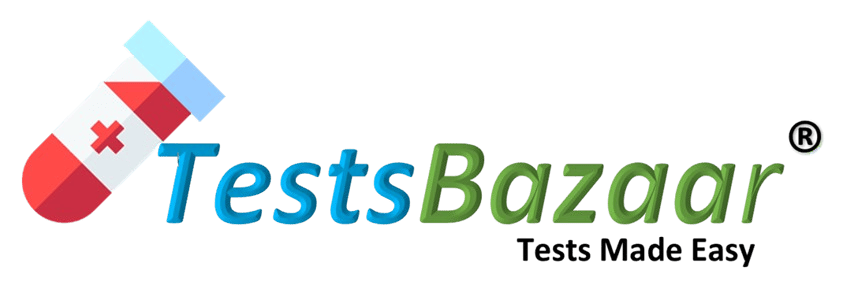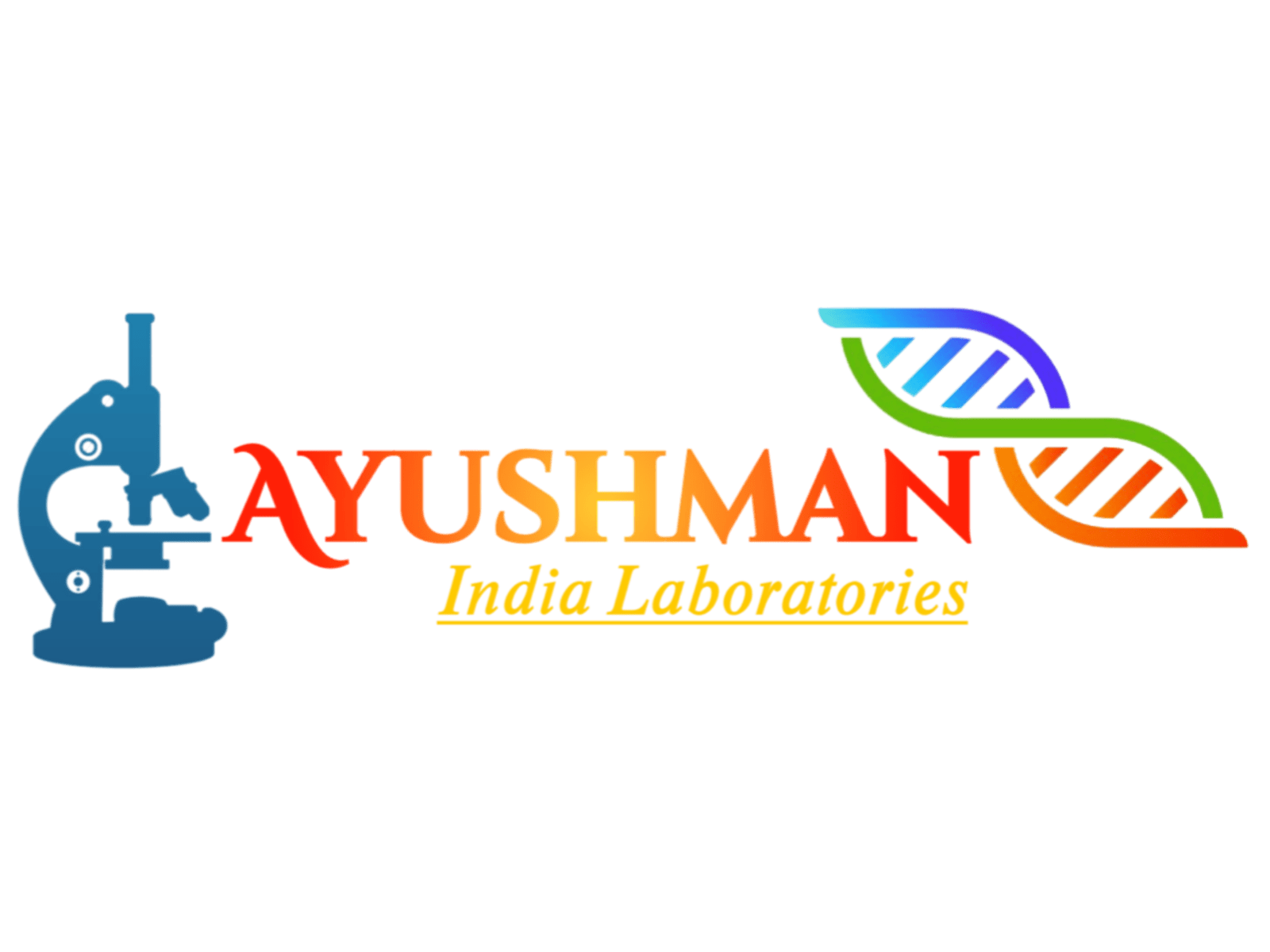
Super Exome - Whole Exome Sequencing

Whole Exome Sequencing – Turning Years Into Days
Features & Performance | |||||
|---|---|---|---|---|---|
| Broad and uniform exome & mitochondrial genome coverage |
| ||||
| Enhanced coverage of clinically relevant regions |
| ||||
| Advanced and sensitive detection of nearly all types of variants in one single test |
|
SNVs: single nucleotide variants; InDels: small insertions/deletions; CNVs: copy number variations; UPD: uniparental disomy; mtDNA: mitochondrial DNA
*UPD screening is performed using an in-house specific algorithm for the following well-known clinically relevant chromosomal regions: 6q24, 7, 11p15.5, 14q32, 15q11q13, 20q13 and 20
**CNV detection software has a sensitivity >95.0% for all homozygous/hemizygous and mitochondrial deletions, as well as heterozygous deletions/duplications and homozygous/hemizygous duplications spanning at least three consecutive exons
***Variants with low quality and/or unclear zygosity are confirmed by orthogonal methods (i.e., SNVs and InDels by Sanger sequencing; CNVs by Multiplex ligation-dependent probe amplification, MLPA; quantitative polymerase chain reaction, qPCR; or chromosomal microarray, CMA)
When Is WES Recommended?
We recommend WES for complex and undiagnosed cases with suspicion of genetic causes.
WES is conventionally recommended when patients present complex, heterogeneous phenotypes that are suggestive of multiple conditions or are otherwise unclear or atypical. WES may also be recommended when a prior genetic test was unsuccessful. The latest clinical evidence also supports WES as a first-line test when a patient’s symptoms or family history suggests a genetic cause of the diseases. This is especially true for neurodevelopmental disorders, including intellectual disability, global developmental delay, and autism spectrum disorder due to the high diagnostic yield.10, 13 The ACMG (American College of Medical Genetics and Genomics) recommends the use of exome/genome sequencing as first-tier test for children with intellectual disability, developmental delay, or multiple congenital anomalies.14 The test results from WES may also lead to more rapid diagnoses, improved prevention of symptomatic illness, more targeted treatments or even end the need for some costly or invasive procedures.
We particularly recommend Whole Exome Sequencing for patients when:
- Symptoms are very broad, complex, or unspecific, not pointing towards specific disease or typical phenotype
e.g., patients with developmental delay, intellectual disability, autism spectrum disorder, epilepsy - Suspicion of chromosomal imbalances, microdeletion, or microduplication syndromes
e.g., children with global development delay, and/or multiple congenital anomalies, DiGeorge syndrome - Clinical suspicion of mitochondrial disease
e.g., patients with muscular weakness, cardiomyopathy, visual problems - A severe presentation in the neonatal or childhood period
e.g., neonate babies and infants critically ill in Neonatal and Pediatric Intensive Care Units (NICU and PICU, respectively) - Prior genetic testing did not provide a conclusive diagnosis
e.g., patient with neurodevelopmental delay, with similarly affected siblings, and negative testing with microarrays - Need a cost-conscious alternative to Whole Genome Sequencing (WGS)


